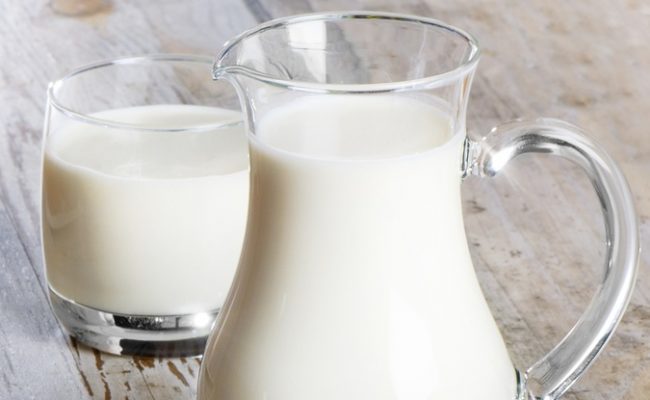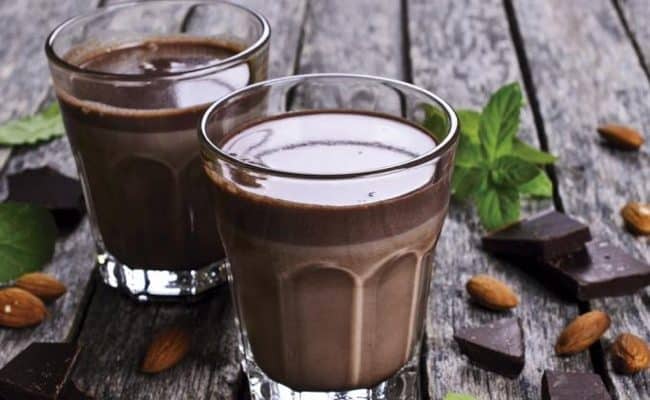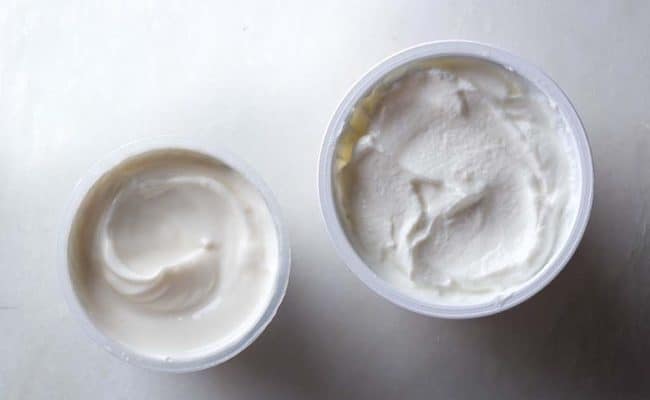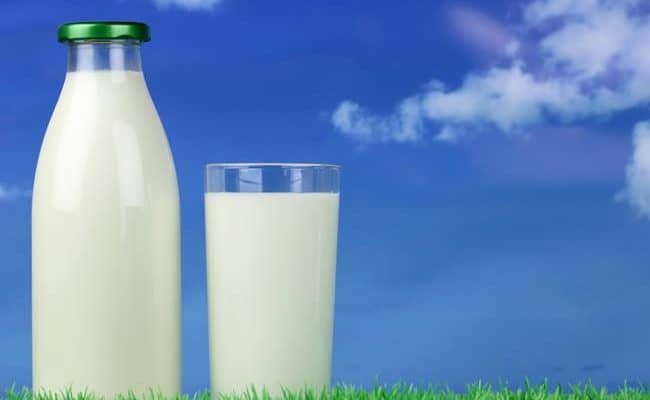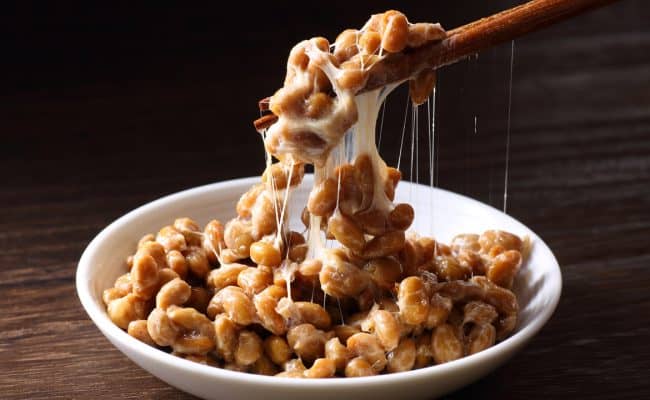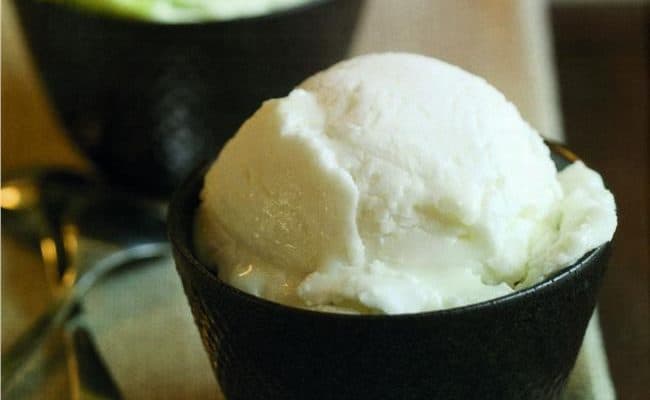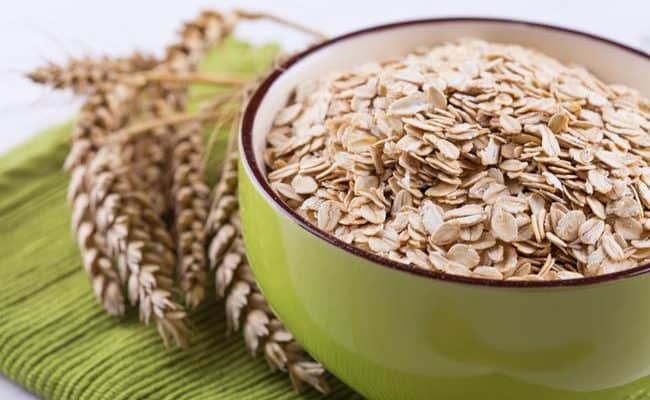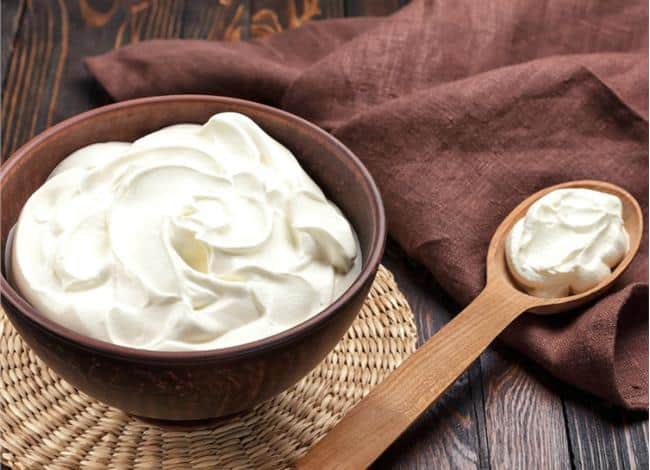
The helpful bacteria that live in our digestive tract are called probiotics or referred to as the gut microbiome. The effect probiotics have on the body has been a hot topic for health and research studies, and it’s for good reason.
According to the NIH, (1) bacteria cells in the human body out number human cells 10 to 1 and, our bacteria cells make up 1-3% of total body weight.
Research studies have shown the type and amount of bacteria in our gut can influence weight, metabolism, brain health, immune support and even may affect athletic performance. There is some research to suggest probiotics could help with weight loss and may even promote losing belly fat.
A 2011 review (2) concluded that the gut microbiome is a target for management of obesity and obesity related disorders. However, Jeremy Burton (3), a microbiologist at the Canadian Research & Development Centre for Probiotics, suggests that people can’t just take a probiotic supplement and lose weight.
Probiotics may help, but eating a healthy diet and exercising are still priority for weight loss.
More research is needed for further understanding the relationship between our gut bacteria and how it affects our health, but so far research suggests these little gut bacteria cells can make a big impact on our health.
Blocking nutrient absorption
One way probiotics may help with weight loss is by changing the way our body absorbs nutrients from food. The bacteria in our gut, whether good or bad, can influence what gets absorbed from the small intestine and used in the body for energy.
Some research (4) suggest probiotics may actually lower the absorption of fat absorbed in the digestive tract. Bile salts from the liver and gall bladder are secreted into the small intestine to break down fat molecules for absorption.
The body makes bile salts from cholesterol in the body. These bile salts can be reabsorbed into the body so they can be used again when needed. Probiotics may help the body get rid of these bile salts instead of recycling them.
Therefore, the body needs to use more cholesterol and energy to make bile salts to send to the small intestine.
Studies in mice (5) have also shown gut bacteria can influence how much nutrients are absorbed from food. Researchers analyzed the stool and food intake of lean and obese mice.
They found lean mice had a lower nutrient absorption, and the obese mice had a higher nutrient absorption from food.
More research is needed to fully understand how the gut microbiome can influence nutrient absorption. These preliminary studies suggest probiotics could help increase excretion of bile from the body, which in turn could help with fat loss.
However, the exact strains of bacteria, the amount needed and the effect of diet quality has on nutrient absorption needs more clarification.
Belly fat loss
Can probiotics actually help you burn fat from your belly? Short term studies suggest this could happen, but more long term studies are needed.
A 2013 study (6) controlled the food intake given to 28 overweight people and put them into 3 groups: supplement of yogurt + Lactobacillus amylovorus (LA), supplement of yogurt + Lactobacillus fermentum (LF) and a control group of just yogurt supplement.
Researchers found that the LA and LF groups lost more body fat than the control group. After about 6 weeks, the LA group lost an average of 3% body fat, and the LF group lost an average of 4% body fat (7). The body fat lost was primarily in the mid-section.
More research is needed on the effects of probiotics and belly fat loss. This was a small study and a relatively short time frame. It’s not know if the weight loss was kept off, or if these results would continue to happen longer than 6 weeks.
How can you get more probiotics in your diet?
Probiotics are now becoming a popular buzz health word, and more and more supplements and food products are claiming to have probiotics in them. Probiotics are naturally found in fermented foods like fermented vegetables like kimchi, yogurt, kefir or the drink kombucha.
As other foods claim to be fortified with probiotics, keep in mind it is challenging to guarantee some of these food products actually contain the living microorganism amount they claim to have.
For example, a Canadian study found that out of 10 probiotic sources, none of them had the amount of living organisms they claimed to have (8).
Should you try a probiotic supplement?
Walk down the supplement aisle of a grocery or health food store and you are sure to see an overwhelming selection of probiotics. If you have specific questions about which probiotic supplement would be best for you and your health, speak with a health professional.
Probiotics are generally regarded as safe for healthy adults, but they can be contraindicated for immune compromised individuals, people with pancreatitis or some forms of cancer.
Some general things to look for in a supplement according to WebMD (9) include the strain of bacteria used, how much is in the supplement and the specific research for the strain of bacteria.
Just because a research study shows a benefit from one strain of bacteria does not mean all probiotics will have the same effect.
Keep in mind that the FDA does not approve any health claims from probiotic supplements, so and weight loss or other claims from a probiotic supplement should be read with caution.
Conclusion
The research in probiotics and how they affect our health is constantly growing and changing. Some research has shown that probiotics can alter how the body absorbs nutrients from the digestive tract. A small study also showed that after 6 weeks, Lactobacillus amylovorus and Lactobacillus fermentum supplementation helped overweight people lose more belly fat than a control group.
Researchers do not suggest that taking a probiotic supplement will automatically translate into losing body fat.
The relationship between our gut bacteria, food intake and metabolism is still being studied. The benefit of probiotics should be combined with other healthy lifestyle factors like nutritious diet, exercise, etc.
